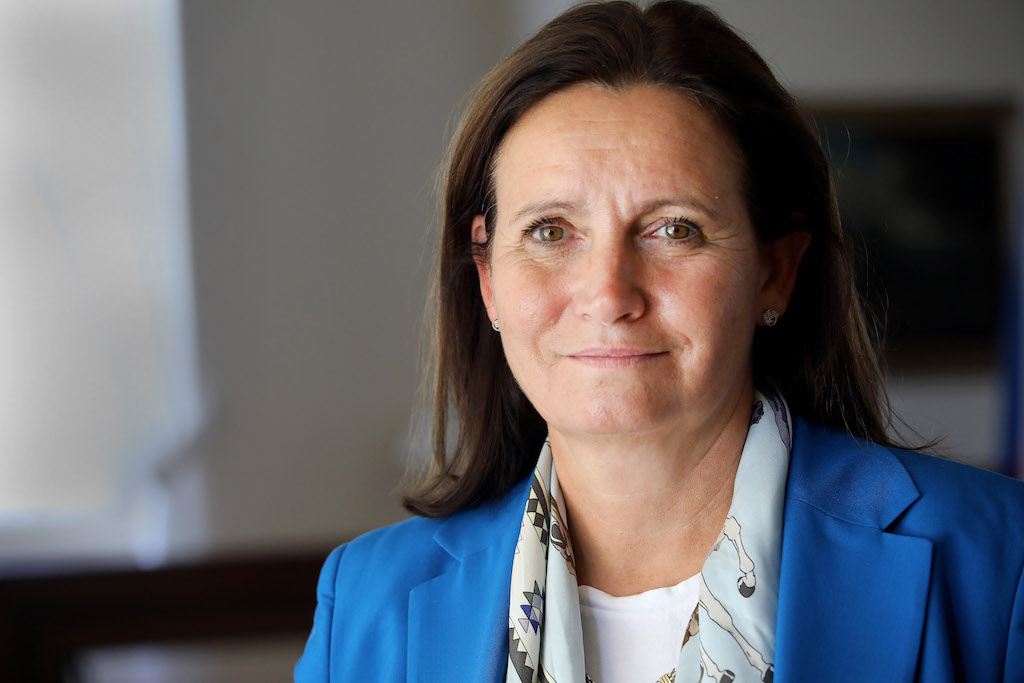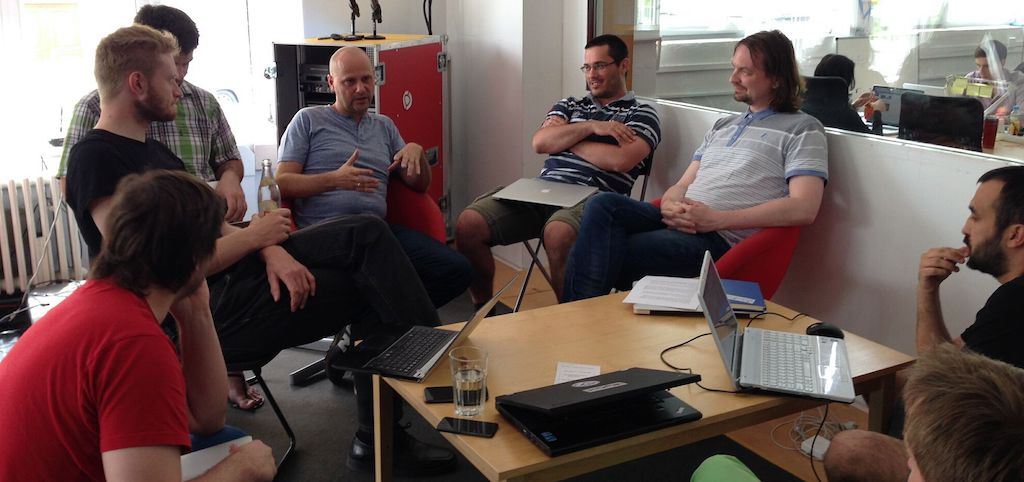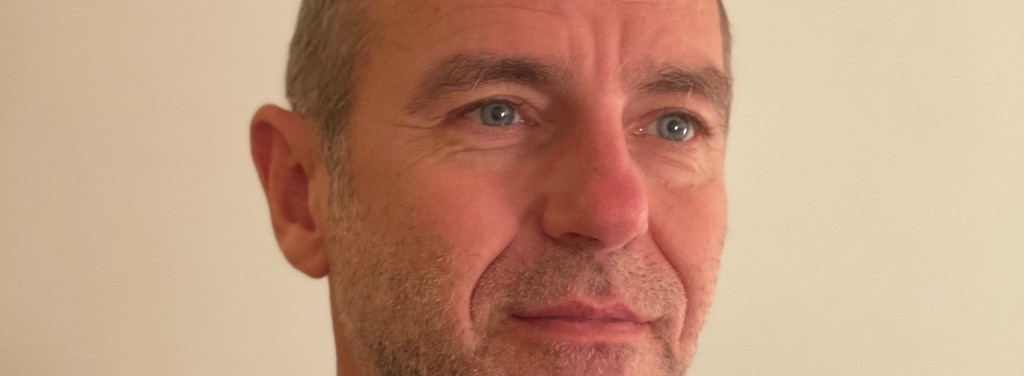President of the Economic, Social and Environmental Regional Council (CESER) of Bretagne

The CESER has no equivalent in other French communities. Can you tell us about its uniqueness and the added value of this body?
Jean Hamon. The CESER is a group of men and women with different backgrounds and perspectives, who work together to cultivate the issues of tomorrow and propose policy options for policy makers. In recent years, I have become accustomed to saying that the CESER is a transition scout. Transition of energy and ecology, digital transformation, new territorial dynamics are part of our most recent work. It is up to us to play collectively to make these transitions an opportunity for Bretagne!
You have recently worked with three other Atlantic CESERs (Normandy, New-Aquitaine and Pays-de-la-Loire) to produce an innovation study on the maritime economy and blue growth. Do you feel that the potential of this sector is underestimated and what recommendations do you recommend?
JH. Yes, it is largely underestimated for a simple reason: blue growth does not stop at the coast! Beyond what happens at sea or in ports, there is a “hidden side” of the maritime economy in many sectors such as food, digital and advanced technologies, materials, health and well-being … all these hybrids between sectors make the sea and marine and coastal resources a formidable engine of regional economic and social development. This is the main message of our work: we need to know more about the richness and diversity of marine and coastal ecosystems, their functioning and the challenges of their preservation, in order to raise awareness of the maritime economy generated by the exploitation of resources and all its potential for development!
You also worked on the consequences and opportunities of Brexit. Why is Brittany particularly concerned by this event?
JH.The United Kingdom is our closest neighbour. And as good neighbours, we have many cultural, commercial, tourist and academic exchanges. Many British residents live in the region, especially in the communes of central Bretagne. An event such as the Brexit is a shockwave for all partners in these exchanges, with consequences for the four fundamental freedoms of movement of people, goods, services and capital. We identified the sectors most likely to be affected in order to alert, anticipate and be able to act collectively and with one voice in this uncertain environment. Where barriers rise, opportunities emerge as well. So, yes, imagine with our neighbours new cooperation frameworks.
You regularly organise “Prospective Forums”. What do you think are the three major issues for the future of Bretagne?
JH. Three forces are written in Bretagne’s history and draws it upwards: openness to the world, particularly by the sea, the quality of life in its territories, and the habit of cooperation, and being strongly anchored in the modes of organisation. As everywhere, deep transitions are at work. But these three forces give Bretagne the ability to succeed in these transitions by leaving no one at the edge of the road.

















